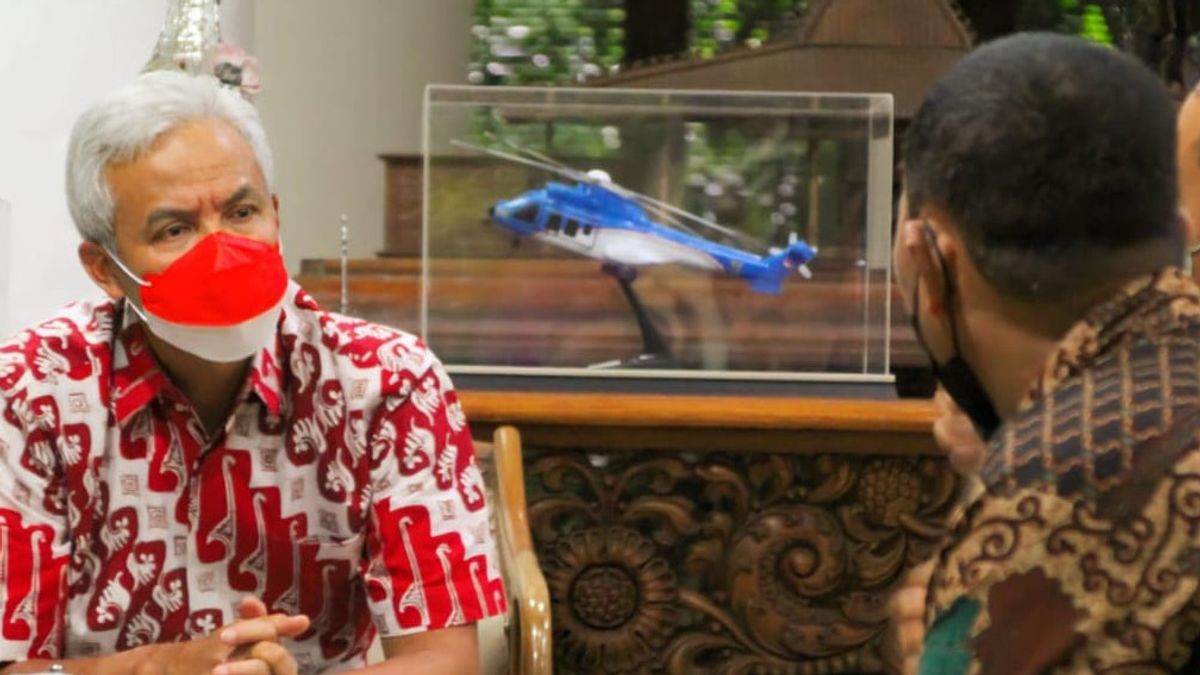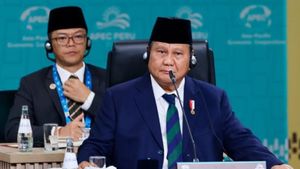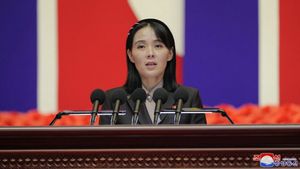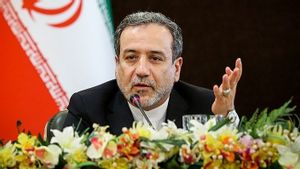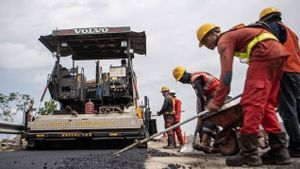Central Java Governor Ganjar Pranowo has expressed the aspirations of workers at the Ministry of Manpower. The former member of the DPR RI also agreed with the concept of sectoral wages conveyed by the workers.
This was conveyed by Ganjar after receiving representatives of workers throughout Central Java, related to the determination of the 2023 Provincial Minimum Wage at Puri Gedeh. At the beginning of the meeting, representatives of workers expressed their desire to increase the UMP by 13 percent.
"This is our version. As a breakthrough or input for the Governor when he later set the UMP. We compiled it with data and there is an addition to the formula," said the representative from Central Java KSPI, Aulia Hakim.
The workers want the determination of the UMP not to be based on PP No. 36 of 2021 on wages. In it, it regulates that the government in determining the UMP vote based on inflation or economic growth.
In addition, workers also propose the concept of wages agreed in a region. This means that between the government, employers, and workers, they agree on the value set together.
"But the Governor has discretion or policy for the benefit of the people in Central Java. That's why I gave input to Mr. Gub, he must have the courage to strengthen the welfare of workers in 2023 to increase the UMK," he said.
On that occasion, Aulia also encouraged Ganjar to also side with the people of Central Java regarding investment. One of them is trying to get investors to agree to recruit local workers rather than contract workers or outsourcing.
"Because they have entered everything has been free of charge. Investment is okay but don't invest blindly, it must be beneficial for the people of Central Java," he said.
Governor Ganjar Pranowo expressed his appreciation to the workers for their aspirations. For this reason, Ganjar has conveyed the aspirations that the workers wanted to go to the Ministry of Manpower on October 31.
"Why? Because the provisions use PP and that is not our authority, but the president with the leading sector of the Ministry of Manpower," he said, quoted from the provincial government website, Saturday, November 5.
Regarding other proposals, Ganjar agreed. He will convey it to the government. So there will be considerations for revising PP Number 36 of 2021.
"It's good. Wong wants everything to be banned. I agree and support, but basically we don't stay silent. When our friends move, we also work," he said.
Ganjar argues that PP No. 36 of 2021 can be revised. Because the current condition has changed, and the world's economic situation is also turbulent.
"It's really an economic situation that is now moving turbulently. Everyone knows that inflation is quite high, we also know the economy is growing. So that's a consideration. (PP 36 needs to be revised?) Yes, it's necessary, you know the situation has changed," he said.
For information, the following is the content in Government Regulation Number 36 of 2021 concerning wages. In Article 25, it is written that the minimum wage consists of the provincial and district/city minimum wages, which are stipulated based on economic and labor conditions.
Certain requirements include regional economic growth or inflation in the regency and city concerned. Meanwhile, the economic and employment conditions in question include purchasing power variables, labor absorption rates and median wages.
For the value of economic growth or inflation used in the formula for adjusting the value of the minimum wage, it is the value of economic growth or provincial-level inflation. This data comes from the institution authorized in the field of statistics, in this case the Central Statistics Agency (BPS).
The English, Chinese, Japanese, Arabic, and French versions are automatically generated by the AI. So there may still be inaccuracies in translating, please always see Indonesian as our main language. (system supported by DigitalSiber.id)
